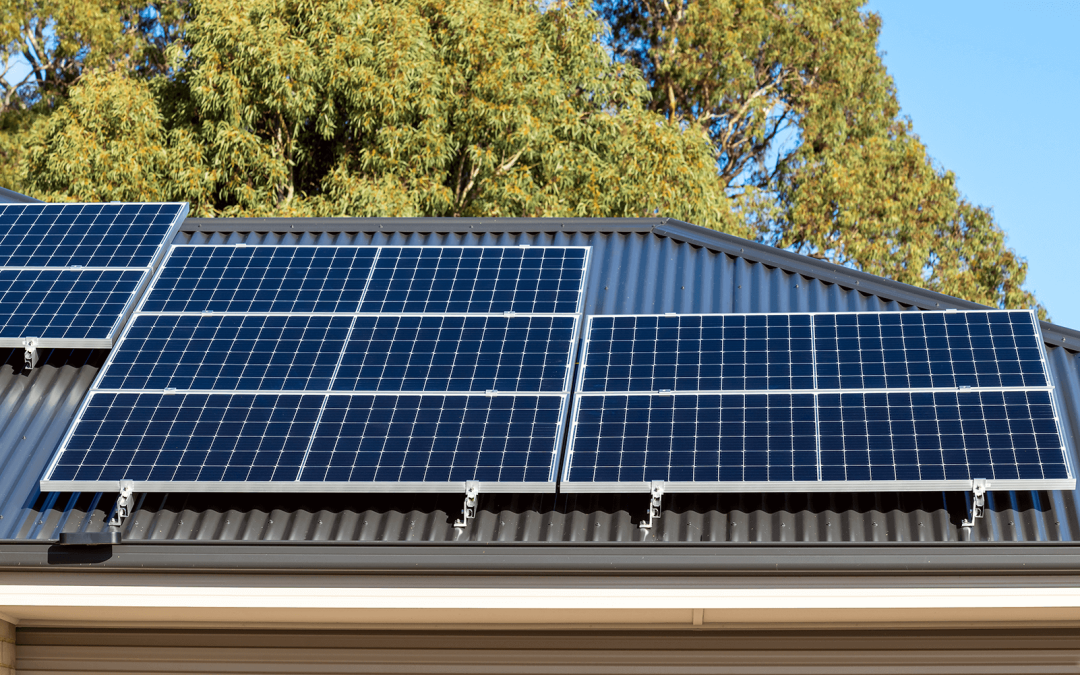By: Zainab Attarwala
The Solar Power Industry’s Relationship with Modern-Day Slavery
In recent years, the global push for clean energy, particularly within the solar power industry, has brought a paradoxical and unsettling connection to modern-day slavery. As societies strive to transition away from fossil fuels and embrace renewable energy sources, the demand for solar panels and their components has surged. However, this surge has revealed risky links between the supply chain of solar products and instances of forced labour, child labour, exploitative working conditions, and human rights violations.
*For background information, read our article on this topic: https://thefreedomhub.org/blog/ethically-sourced-solar-panels/
The Australian Government’s Recent Response
The Clean Energy Council (CEC) of Australia, in collaboration with New South Wales anti-slavery commissioner James Cockayne, has recently taken a crucial step to address the potential risks of modern-day slavery within the renewable energy sector. Focusing primarily on the solar PV industry, which harbours concerns over producing metallurgical grade silicon (MGS) and polysilicon, the partnership aims to establish a comprehensive Code of Practice to manage these risks within supply chains. The US’ recent detention of suspected forced labor-produced solar PV modules underscores the urgency of this initiative. The draft of the code, to be published in December 2023, will involve input from various stakeholders, and its finalisation by March 2024 will be mandated through the NSW Modern Slavery Act 2018. This collaboration seeks to ensure that the transition to renewable energy remains ethical and just, preventing human exploitation at the cost of decarbonisation.
Is the Government Doing Enough?
While the partnership is a significant step toward addressing modern-day slavery risks in the clean energy industry, there is more that the government can do to limit these risks further. Such as:
- Regulatory Framework Enhancement: Governments can establish comprehensive and stringent regulations that require companies in the renewable energy sector to conduct thorough due diligence on their supply chains.
- Supply Chain Transparency: Governments can mandate greater transparency and reporting on supply chains to ensure that the sourcing of materials and production processes are scrutinised for ethical practices. This would give consumers, investors, and the public clearer information about the components’ origin and potential exploitation risks.
- Independent Auditing: Government agencies could establish or support independent auditing mechanisms to assess and verify that clean energy companies comply with anti-slavery measures.
Consumer responsibility
Consumers also play a crucial role in promoting ethical practices and reducing the risks of modern-day slavery in the clean energy industry. We can get involved by:
- Researching Brands and Companies: Before purchasing solar panels or other clean energy products, research the companies behind the products. Look for companies prioritising transparency, ethical sourcing, and responsible production practices.
- Supporting Ethical Brands: Choose products from companies that are transparent about their supply chains, have certifications indicating responsible sourcing (if available), and actively work to address modern slavery concerns.
- Engaging with Companies: Engage with companies through emails, social media, or customer feedback channels to express our concerns about modern slavery and urge them to take action.
- Supporting NGOs and Advocacy Groups: Support organisations that combat modern-day slavery and promote ethical practices in supply chains. These groups often play a vital role in raising awareness and pushing for change.
Don’t Know How to Find Ethical Brands? Start With the SEIA!
In 2021, 175 of the top solar power manufacturers of the Solar Power Industries Association signed a pledge against forced labour in the industry, which includes a Solar Supply Chain Traceability Protocol. Check out the SEIA website to find out more about companies that have signed this pledge: https://seia.org.au/member-directory/

